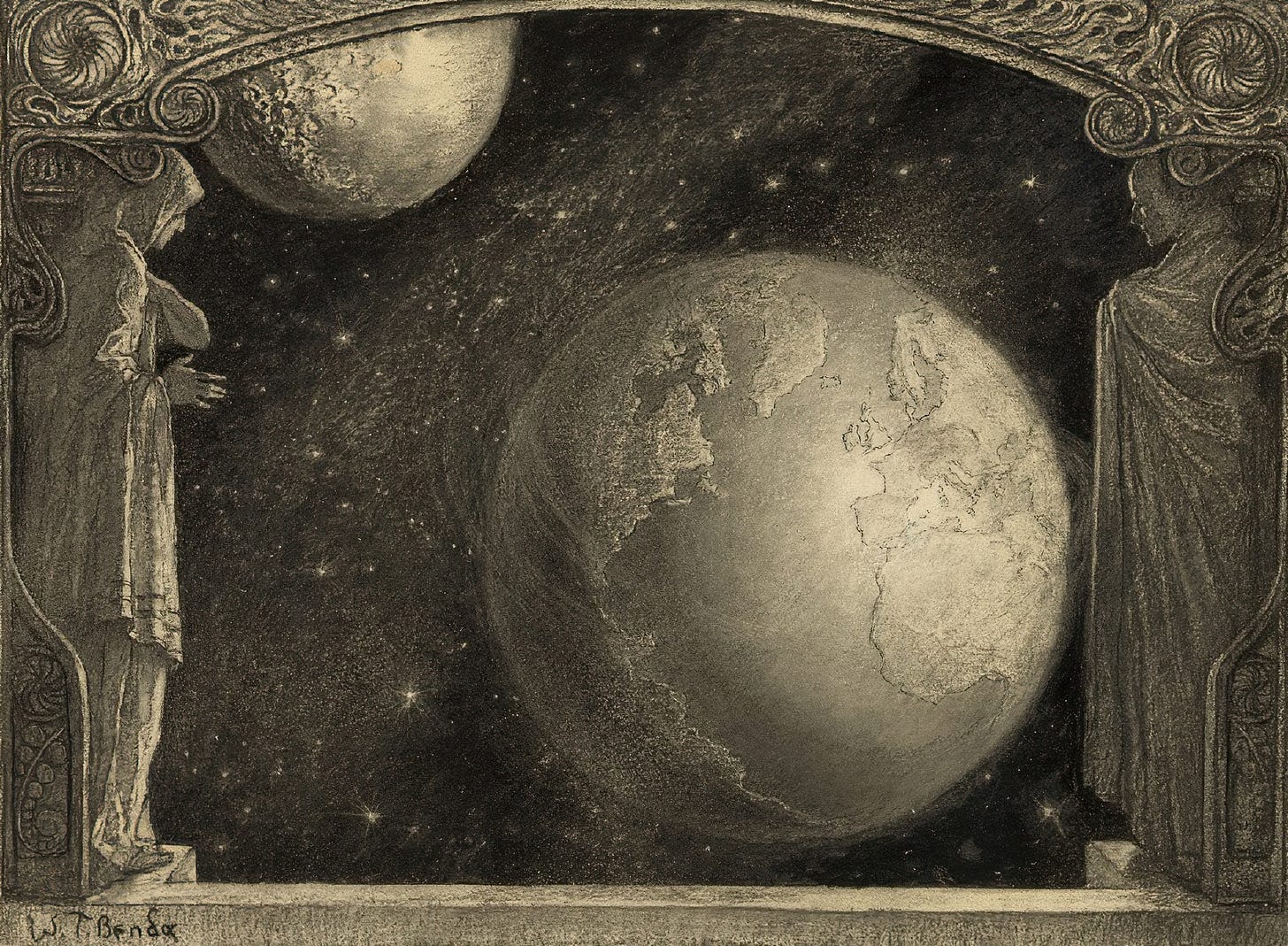Maxims on Power - Ernst Jünger
From Ernst Jünger’s maxims on power. I introduced these in a discussion of The Worker, and more generally they are essential passages for understanding power in relation to dominion.
I am uncertain of the date, they may have only been published in the Collected Works. If I can find more information I will make an addition here.
A distinction must be made between property and sovereignty. In their edicts the kings used unrestricted formulas of possession and sovereignty than what corresponds to reality. All this is based on the right of first possession of land, on the fact that they gradually extended the tone they adopted in domestic power to the empire, and on the fact that, to the same extent as the people developed, the words became too strong. The dominion would have to be strengthened and the form would have to yield. Therein was also the folly of the revolutionaries: they should have concealed their power from the people, restrained it through reverent forms towards the prince, and these forms, in their turn, would have concealed from the king his weakness.
*
Power is organised force, the union of force with an organ. The universe is teeming with forces, which, in order to become powers, seek organs. Wind and water are forces; by acting on the mill or pump that serves as their instrument, they become powers.
It is this distinction between force and power that explains the supremacy of the State. The people are the force, their government is the instrument; their union gives rise to political power. If force is separated from its instrument, power disappears. If the instrument is destroyed and the force remains, there will only be convulsions, spasms, or rage; but if the people are separated from their instrument, that is, from their government, there will be revolution.
Dominion is power that is sustained. The formation of dominion presupposes the existence of power. But power, now as a unity of instrument and force, can only endure in the government. The people have only forces, and these forces, unable to sustain themselves apart from their instrumentality, turn to destruction. But the aim of rule is preservation; and therefore rule does not endure in the people, but it endures in the government.



An idle thought; C. Wright Mills and Jünger are in many ways soul brothers.
https://en.wikipedia.org/wiki/The_Power_Elite